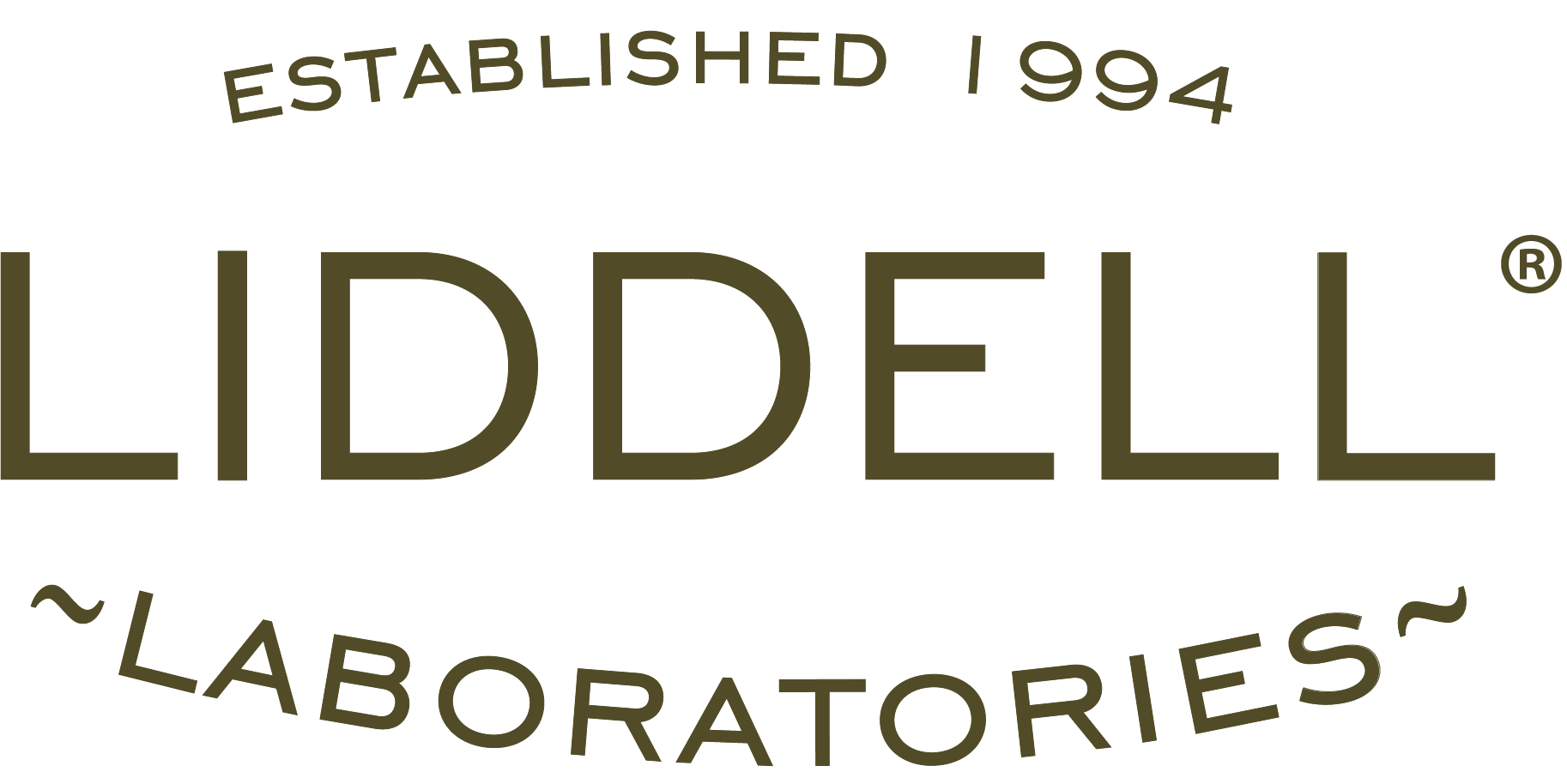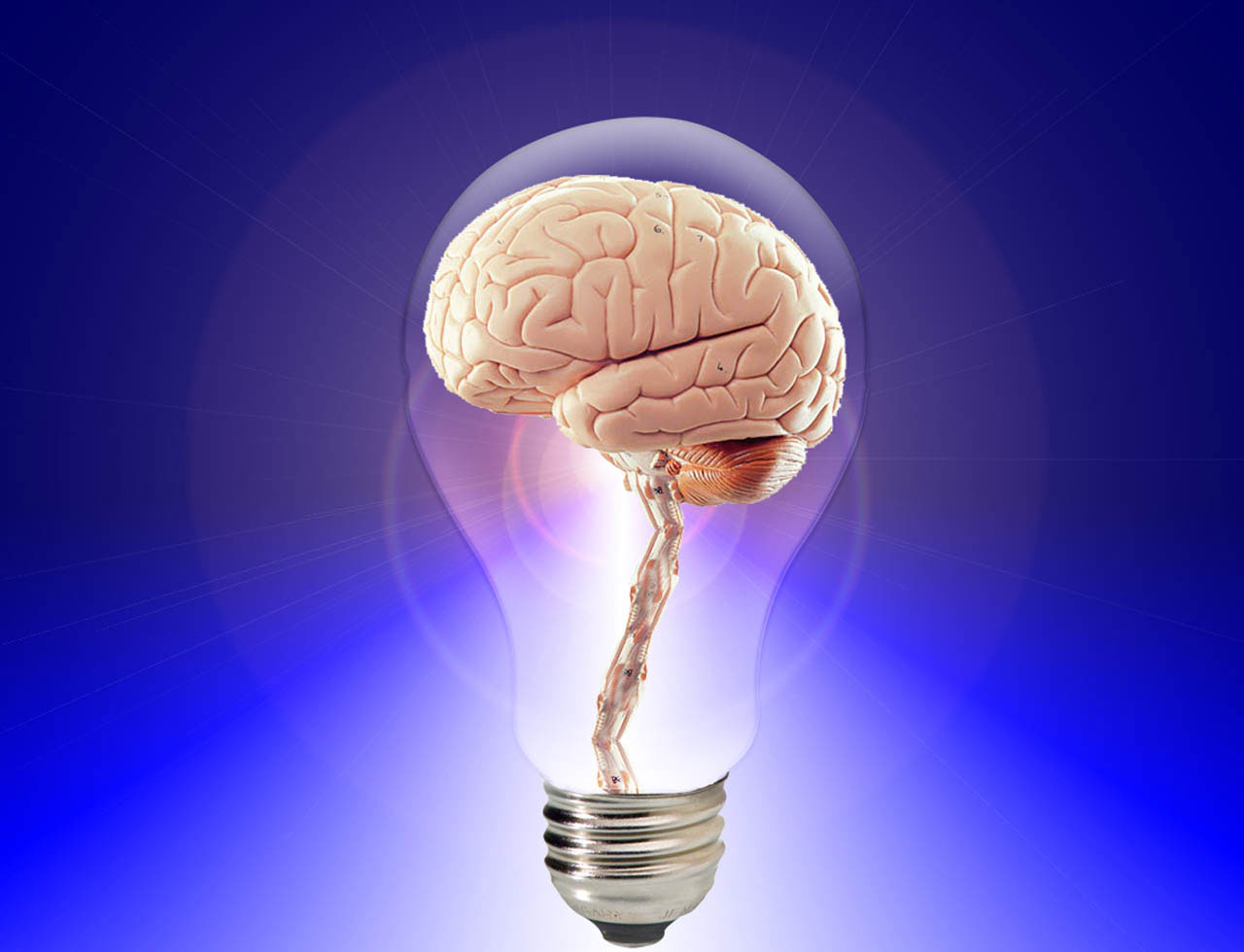NATURAL HEALTH MATTERS with DR. LAURELL
There is an interesting theory from scientists in Australia that is helping us view protein in a new and balanced light. They believe that there is a set amount of protein that we need and that we will feel a drive to keep eating until we have reached that level of protein intake. They claim the obesity epidemic is partially to blame on the increased availability of cheap, low-protein foods. If we are choosing more of these types of foods, we have to eat greater quantities of them to reach our protein requirements. Interestingly, scientists don’t believe there is the same set point amounts needed for carbohydrates or fats.
The amount of protein we need daily is still under debate, but most people agree it is in the range of 50 to 60 grams per day. To meet this need, I try to eat at least 15-20 grams of protein with all three meals. Some examples of foods that provide 15-20 grams of protein are:
- 2 extra large eggs
- 3 ounces of meat
- ½ cup of cottage cheese
- 1 cup of cooked black beans
Since 1961 the percentage of protein in the average diet has dropped by 1.5% (from 14% to 12.5%). During this same time we have seen a 14% increase in overall calorie consumption. Imagine trying to get your daily protein needs from eating potato chips. You would have to eat 3.5 ounces to reach 7 grams of protein, but doing this would also mean you ingest around 550 calories. If you were to eat one extra large egg, you could get the same amount of protein, but only ingest 80 calories.
When I have been places were the food choices were only these low nutrient offerings, I never felt like I was full and satisfied. I kept eating even though my calorie intake was higher than normal.
What role might protein play in a weight loss lifestyle? By eating our protein first, we might be able to manage our appetites better by fulfilling this fundamental need. This doesn’t mean we have to eat excess amounts of protein like the Atkins style diets suggest but just the right amount for us. Also a moderate amount of fat in the diet might also increase our sense of satiety because, like protein, it helps us feel full longer.
To further support your weight loss lifestyle, Liddell offers our Vitàl Weight Loss XL, designed to help moderate excessive appetite, food cravings, fatigue, and water retention.
Of course, lack of protein isn’t necessarily going to be the only factor contributing to food cravings, but increasing quality protein intake can give a boost in the right direction, while a homeopathic combination like Vitàl Weight Loss XL may stimulate the body to transform its relationship with some of your other challenges.

Dr. Laurell Matthews, ND has a bachelor’s in biochemistry and received her doctorate in Naturopathic Medicine from Bastyr University.
![]()

 How youthful is your brain?
How youthful is your brain?
